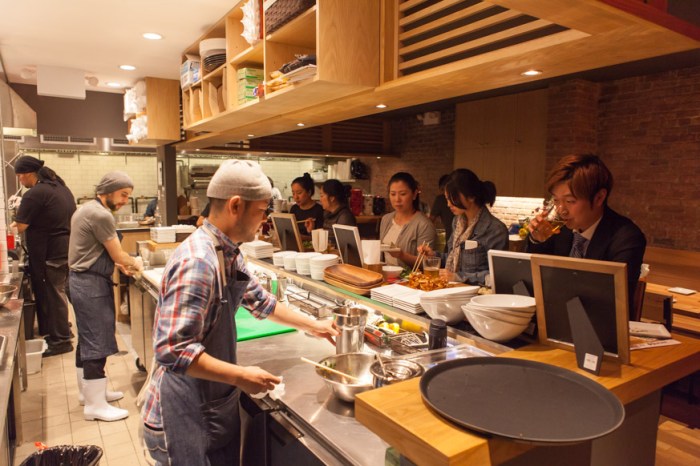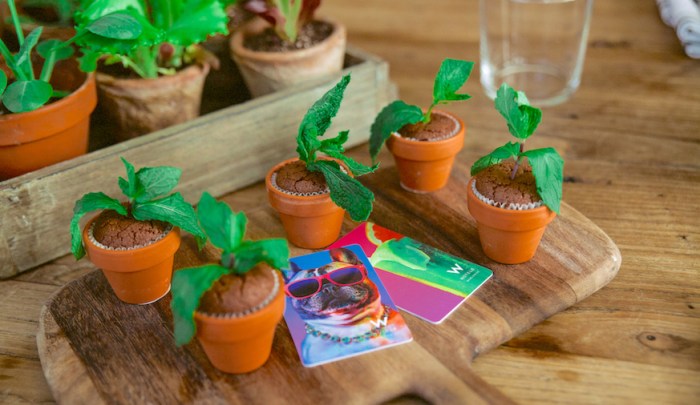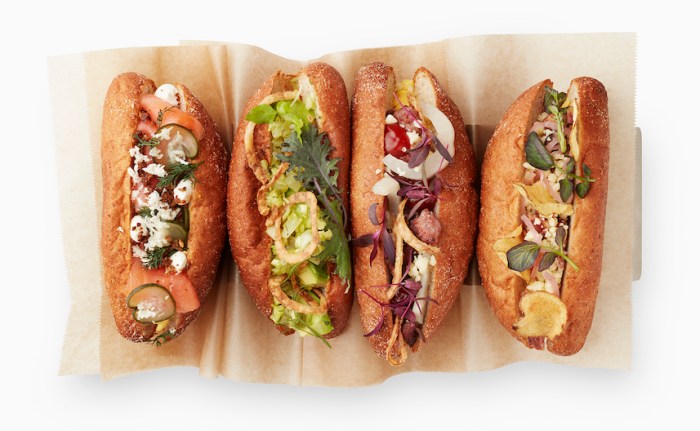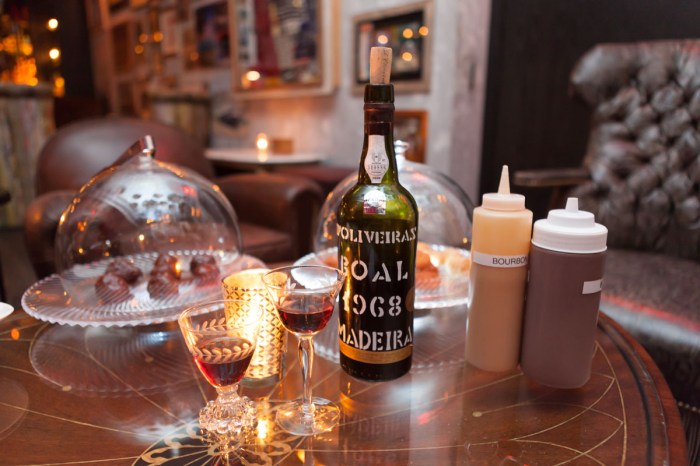The 15-course omakase dinner at Alphabet City sushi counter Mayanoki may look familiar. Until chef Jeff Miller starts explaining the courses: Arctic char, Spanish mackerel, Alaskan Coho salmon, Albacore tuna.
“You go to so many sushi bars in the city and you get the same set of 12 or 15 fish over and over, and for some people that gets boring,” says Miller, who’s been in the sushi business for 11 years. “We get a lot of really experienced sushi eaters in the restaurant, and I don’t think many of them leave wishing they’d had the fish that they are familiar with.”
There’s a bigger mission than giving seafood fans something new to try: Mayanoki is the first sustainable sushi restaurant in New York City. It was lauded as one of 2017’s best new restaurants, and with 15 courses at $95 it’s also among the best omakase deals in town.
So what does sustainability mean? First is distance: Most of the fish at Mayanoki comes from the East Coast, a lot of it from Montauk, Massachusetts and North Carolina; shellfish come from the Canadian province of Nova Scotia and Iceland runs a respected network of Arctic char farms. Fishing methods are important, too — Miller doesn’t serve any fish caught in a way that damages the surrounding environment or results in what’s called bycatch, or sea creatures accidentally swept up in the same net.
“Those are all important, but the primary thing is not serving fish that are being fished to the point of being endangered or extinct,” he says. “The prime example of that is bluefin tuna that are almost on every sushi bar’s menu but really widely recognized as being endangered, specifically because of the demand for sushi.”
All this means Miller has had to learn a lot of new techniques and experiment with flavors because there aren’t any standards or customs in terms of how they’re served. “Which is great,” he notes. “It means I get to figure it out for the first time, but it requires more thinking.” That being said, there’s still soy sauce and wasabi — it’s from Oregon though. Expect traditional Japanese flavors and techniques, just made with American ingredients.
Their environmentally friendly practices don’t end at the plate, either. Fish and shrimp parts that aren’t plated go into making sauces, stocks and oils to minimize food waste. None of their service items like chopsticks and napkins are disposable, and the kitchen doesn’t use natural gas so is carbon-neutral. Mayanoki also participates in The Billion Oyster Project’s collection program, which returns shucked shells to repopulate the mollusks in New York Harbor. Behind the bar, beverage director T.J. Provenzano recently switched to canned beers, as aluminum is easier to recycle than glass. He stocks New York state wines and ciders, with only sakes coming from Japan.
Co-owner David Torchiano grew up in New York and knew the abundance in the waters surrounding it, but was surprised how little makes its way onto menus. Sushi’s own history is rooted in conservation, he notes, originally as a way to preserve fish and celebrate the bounty of nature. Chefs would even save the water after washing rice rather than wasting it.
“It’s crazy to think that sushi could be the reason that species such as bluefin tuna become extinct when it is completely unnecessary and is the exact opposite of what sushi is about,” he says. “Almost all other cuisines have embraced farm to table and seasonal sourcing of ingredients, and we believe the same approach should be applied to seafood, and specifically in sushi.”
Mayanoki is located at 620 E. Sixth St., open Wed-Sun with two seatings. The restaurant will hold a special Earth Day dinner on Sunday, April 22, with seatings at 6 and 8:30 p.m. Tickets are $150 and 35% of the price goes to benefit Safina Center, which connects people to the environment through art and literature.























